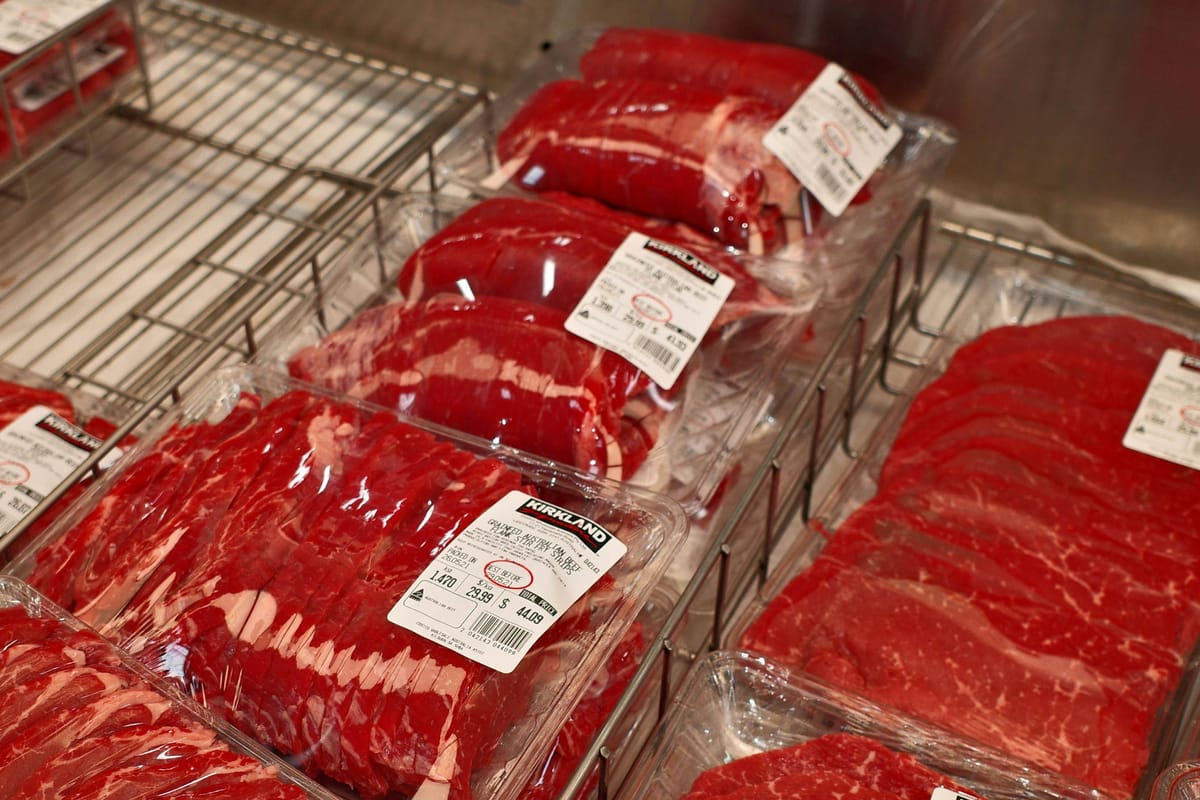Florida Faces Legal Challenge Over Ban on Cultivated Meat

TALLAHASSEE, Fla. — A federal judge has allowed a legal challenge to proceed against Florida’s first-in-the-nation ban on lab-grown meat, setting the stage for a broader battle over food innovation and interstate commerce.
The lawsuit was filed by Upside Foods, a California-based producer of cultivated meat, and the Institute for Justice (IJ), a libertarian law firm. It challenges Senate Bill 1084, which bans the sale and distribution of meat products made from cultured animal cells. The law, signed by Gov. Ron DeSantis in May 2024, took effect July 1 of that year.
Commerce Clause at the Center
U.S. District Judge Mark Walker denied the state’s motion to dismiss the case on April 25, allowing Upside’s argument to move forward. The company contends that Florida’s ban violates the dormant Commerce Clause by discriminating against out-of-state businesses.
Judge Walker agreed that the lawsuit plausibly alleges that the law’s true purpose is to protect in-state conventional meat producers from competition. Though parts of the suit were dismissed, the core issue—out-of-state competition—remains under consideration.
Penalties and Political Messaging
Under the law, producing or selling cultivated meat in Florida is a second-degree misdemeanor, punishable by a $500 fine or up to 60 days in jail. Businesses face up to $5,000 in administrative penalties per violation and risk losing their licenses.
Gov. DeSantis described the legislation as a defense of Florida’s traditional agriculture, declaring during the bill’s signing, “We will save our beef.” He stood behind a podium that read “SAVE OUR BEEF,” flanked by Florida cattle ranchers.
Agriculture Commissioner Wilton Simpson echoed this stance, calling cultivated meat “a disgraceful attempt to undermine our proud traditions and prosperity.” Legislators supporting the bill, including Rep. Danny Alvarez and Rep. Dean Black, argued the ban was necessary to protect Florida’s farming economy.
Industry and Legal Pushback
Upside Foods received USDA and FDA approval in 2023 to sell its cultivated chicken, making it one of the first companies to enter the U.S. market. The company emphasizes that its products are grown in sterile environments using animal cells, without the need for slaughter.
“All we are asking for is the right to compete,” said Uma Valeti, CEO of Upside Foods. “Floridians [should be able to] try our product and see that it is possible to have delicious meat without the need for slaughtering animals.”
Paul Sherman, senior attorney at IJ, said the ruling upholding part of the suit vindicates “the principle that states cannot close their borders to innovative out-of-state competition.”
The plaintiffs argue that the ban is not based on health or safety concerns, which federal regulators have not raised. Instead, they suggest that the law serves a protectionist purpose and could set a dangerous precedent for food innovation nationwide.
Case Moving Forward
As the case moves forward, Florida will need to justify the law as serving a legitimate public interest that cannot be achieved through less restrictive means. For now, the court’s decision ensures that the debate over lab-grown meat—once a science fiction concept—is now a live issue in American law and policy.
